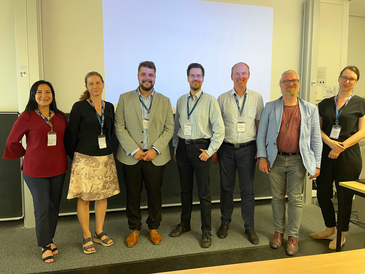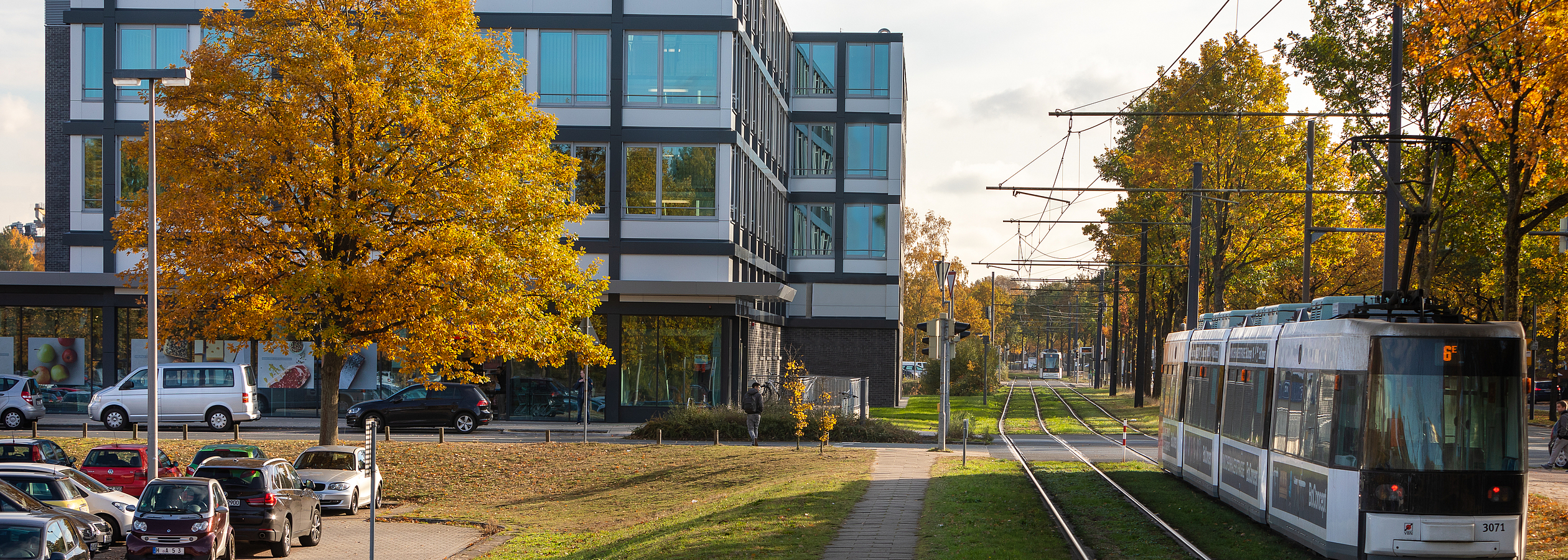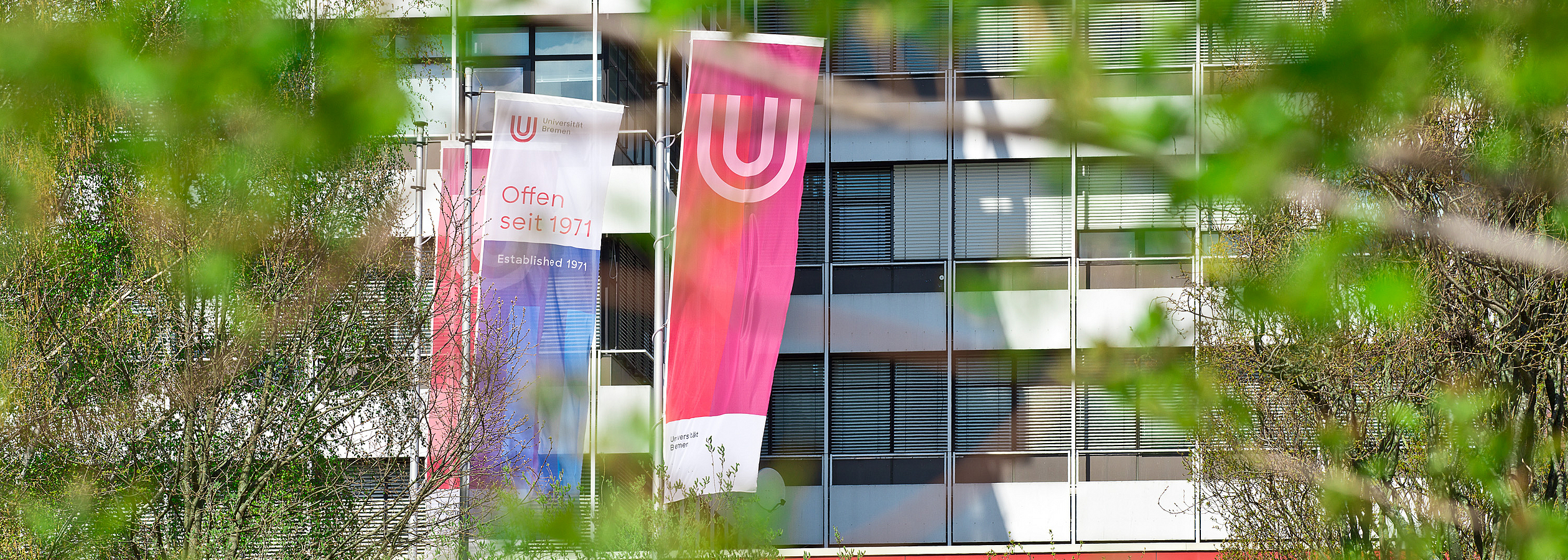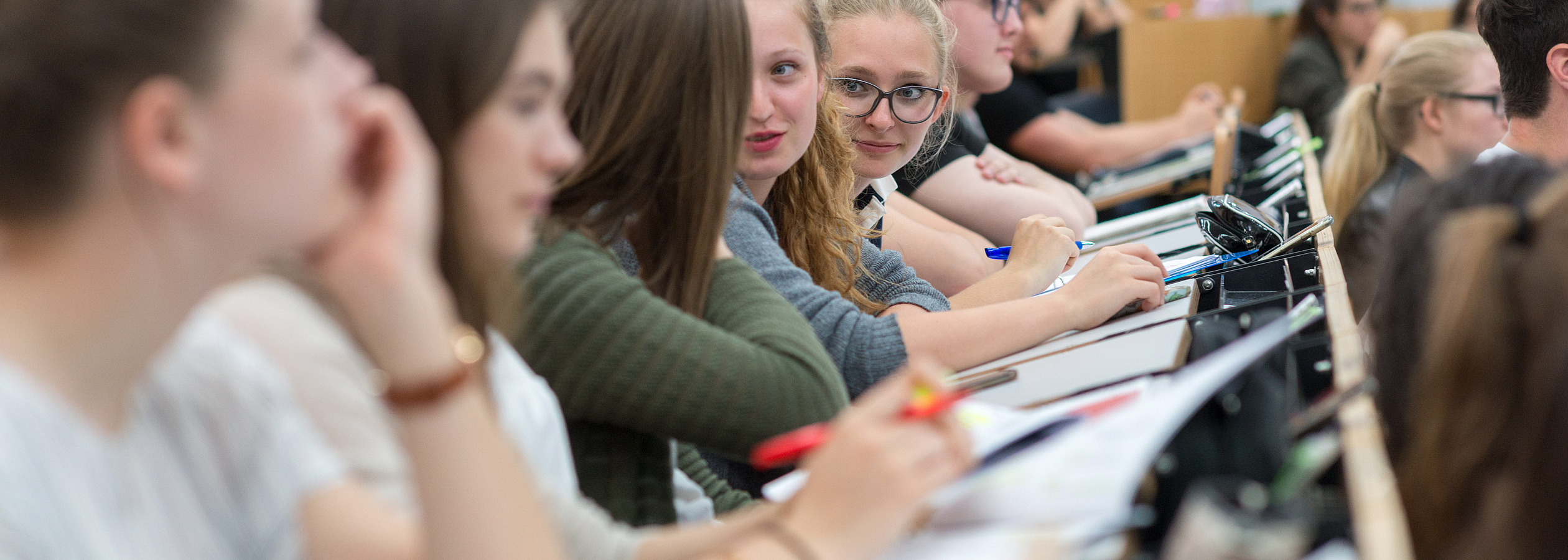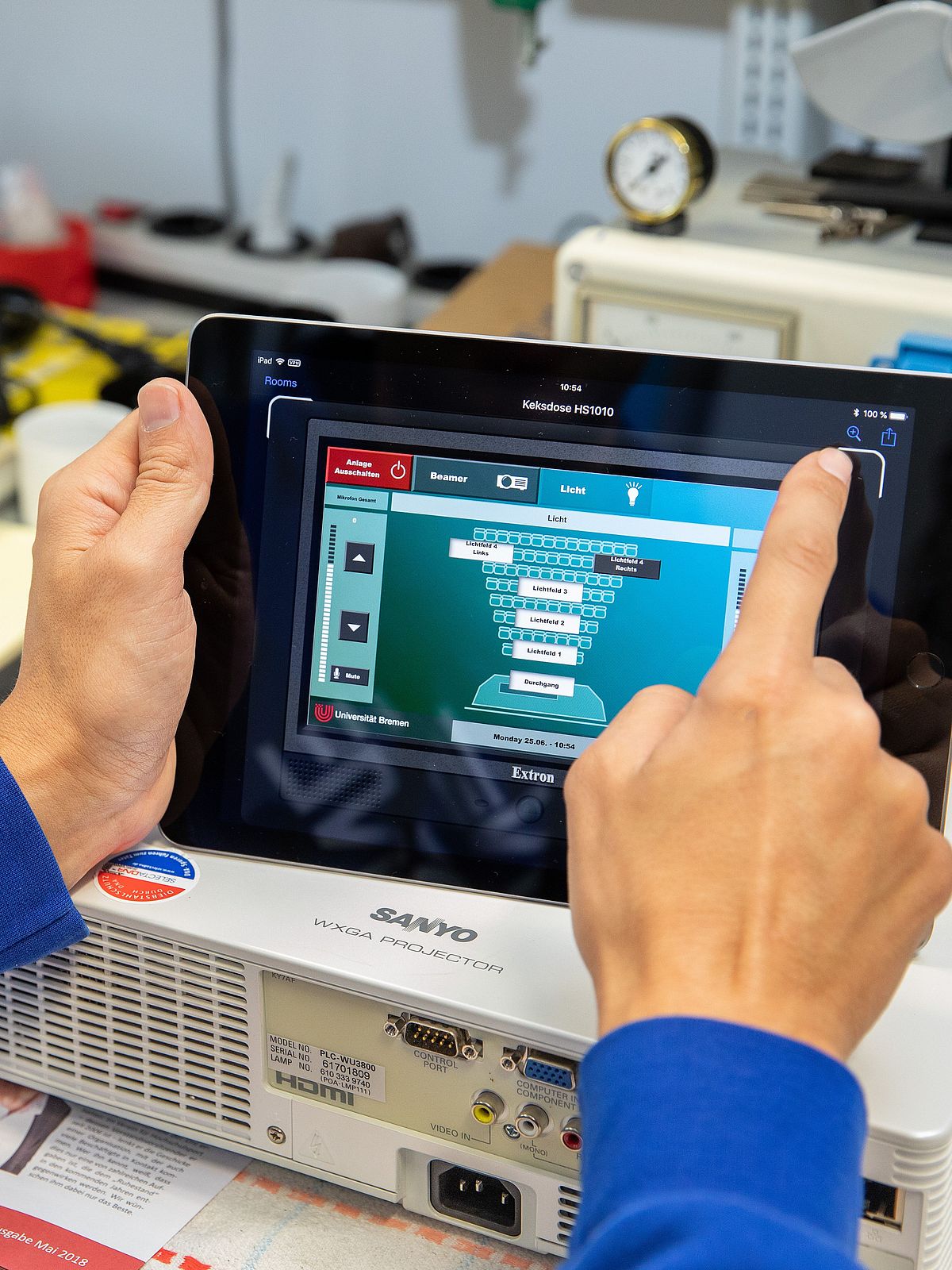From August 17-19, 2022, the international EARLI SIG14 conference took place in Paderborn, Germany, where Dr. Julian Decius was involved in three presentations. First, together with his co-authors Dr. Michael Knappstein and Dr. Andreas Seifert, he presented a new typology on metacognitions and social support in the workplace and its empirical validation using an experimental vignette study. Second, together with Prof. Dr. Isabel Raemdonck from UC Louvain, he presented a new scale development for measuring Self-directed Learning Orientation in four different languages (ENG, NL, FR, GER). Third, he co-authored the presentation by Dr. Frederic Hilkenmeier of Fresenius University of Applied Sciences Hamburg, who summarized the study "How to foster innovation in SMEs: Evidence of the effectiveness of a project-based technology transfer approach" published jointly in the Journal of Technology Transfer. Special thanks go to the congress organization led by Prof. Dr. Christian Harteis (Paderborn University).
